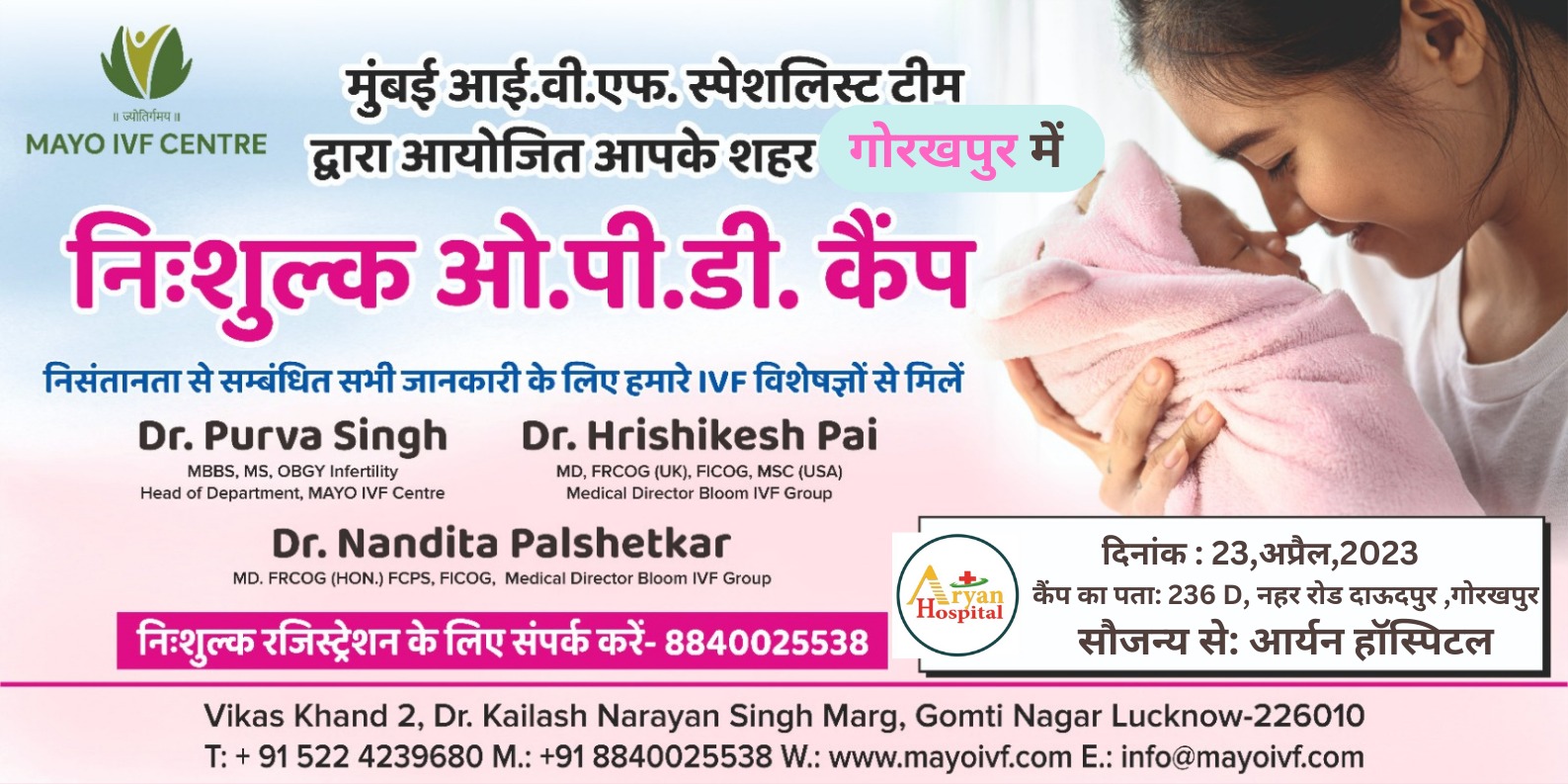
What is ICSI (Intracytoplasmic sperm injection) treatment
ICSI stands for Intracytoplasmic Sperm Injection, which is a specialized form of IVF (In Vitro Fertilization) treatment. ICSI involves the injection of a single sperm directly into an egg to facilitate fertilization. This procedure is typically recommended when there are issues with sperm quality or quantity that would make natural conception difficult.
ICSI has revolutionized fertility treatments and allowed many couples struggling with male infertility to conceive successfully. However, while it can increase the chances of success for some couples, ICSI is not always successful on its own and may require additional treatments such as genetic testing or hormonal therapy depending on individual circumstances.
Who should undergo ICSI treatment?
ICSI treatment is not for everyone, and it's important to understand who could benefit from this assisted reproductive technique. ICSI treatment is recommended for:
- Infertility: couples who are dealing with male infertility factors such as low sperm count or poor sperm motility.
- Vasectomy: ICSI may be suggested when the intended father has undergone previous vasectomy surgery, which can make it difficult for sperm to reach the egg naturally.
- Genetic risks: if there are genetic issues that could impact fertilization or cause miscarriage, ICSI may be recommended.
- Failure of fertility treatments: ICSI treatment can also be an option in cases where other fertility treatments have failed. It can increase the chances of a successful pregnancy by directly injecting a single sperm into an egg and increasing the likelihood of fertilization.
Note: However, like any medical procedure, there are risks involved with ICSI treatment. Couples should discuss their options thoroughly with a qualified physician to determine if this is the best course of action for them based on their individual circumstances and medical history.
While ICSI isn't right for every couple struggling with infertility issues, it can provide hope and success for those whose situation warrants its use.
Risks and Benefits
What are the risks of ICSI treatment?
While ICSI has proven to be a successful method for couples struggling with infertility there are risks involved.
- Ovarian Hyperstimulation Syndrome (OHSS): this can occur when the ovaries become overstimulated and produce too many eggs. Abdominal pain, bloating, and nausea are common symptoms.
- Multiple pregnancies: Since more than one embryo may be transferred during the procedure, couples have an increased chance of having twins or triplets. Multiple pregnancies can increase the likelihood of complications such as premature labour or low birth weight babies.
- Risks for the baby:
- Birth defects: there may be a small risk of birth defects like learning or behavioural disabilities associated with ICSI treatment.
- Miscarriage: This is mainly because ICSI involves ovarian simulation
- Infertility in Child: In ICSI, Y chromosome microdeletions can be passed on to male children. When certain regions of the Y chromosome are deleted, it can cause male infertility. If a man with these deletions has a child through IVF/ICSI, that child is also likely to have the same deletions and be infertile like their father.
It's important for couples considering ICSI treatment to discuss these risks with their healthcare provider and weigh them against the potential benefits before making any decisions about whether or not to proceed with the procedure.
What is the success rate of ICSI treatment?
The success rate of Intracytoplasmic Sperm Injection (ICSI) treatment varies depending on various factors such as:
- woman's age
- the cause of infertility
- quality of sperm used.
However, generally speaking, ICSI has a 70-80% success rate of fertilization which is similar to that of normal sperm.
It's important to note that there are no guarantees when it comes to fertility treatments like ICSI. Nevertheless, advancements in technology have made this form of assisted reproduction highly effective at achieving conception for many struggling couples.
How safe is ICSI treatment
ICSI is a safe and effective treatment option for couples struggling with male infertility. The procedure involves injecting a single sperm directly into an egg in the lab, which can increase the chances of fertilization.
While ICSI does carry some risks, such as infection or damage to surrounding tissue during the egg retrieval process, these complications are relatively rare. In fact, studies have shown that ICSI has similar safety profiles to traditional IVF treatments.
When performed by qualified professionals in a reputable clinic setting, ICSI is considered a safe and well-tolerated fertility treatment option for many couples facing male factor infertility. It's always best to discuss any concerns or questions you may have with your healthcare provider before undergoing any medical procedures.
Procedure Details
Which type of doctor performs ICSI?
ICSI is performed by an obstetrician gynaecologist with an expertise in reproductive endocrinology
How is the ICSI procedure performed?
If you or your partner have been diagnosed with male factor infertility or have had difficulty conceiving naturally, you should consider consulting a qualified reproductive specialist about ICSI treatment options. They will guide you through the process from start to finish and provide all necessary information regarding risks and benefits.
The procedure itself involves several steps that require specialized expertise in fertility medicine:
- Ovary Stimulation: To ensure the ovaries produce multiple eggs
- Egg stimulation and retrieval: The first step involves collecting eggs from the female partner using ultrasound-guided needle aspiration.
- Sperm collection: Then semen samples collected from the male partner undergo various laboratory processes before selecting viable sperm for injection into each egg individually.
- Embryo creation and transfer: Once this has been done successfully, embryos are formed in vitro over several days before implantation occurs either through natural conception or assisted reproductive techniques like IVF (In Vitro Fertilization).
If performed correctly by experienced professionals under appropriate conditions using advanced technologies available today – including pre-implantation genetic diagnosis testing – Intracytoplasmic Sperm Injection can be one of many successful methods utilized worldwide to help infertile couples achieve their dream of starting a family together!
Note: Preimplantation genetic testing (PGT) is a way to check for genetic problems in embryos created through in vitro fertilization (IVF) before getting pregnant.
Key Takeaway:
- ICSI treatment is a specialized form of IVF that injects a single sperm directly into an egg for fertilization. It is recommended for couples with male infertility or genetic issues that could impact fertilization.
- There are risks involved, such as ovarian hyperstimulation syndrome, multiple pregnancies, and a small risk of birth defects.
- However, ICSI has a high success rate of up to 35% and can provide hope and success for those who need it.
- The success rate depends on various factors such as the woman's age, the cause of infertility, and the quality of sperm used.
Frequently asked questions:
- Is ICSI better than IVF?
They are both equally effective - Is ICSI painful?
Due to anaesthesia, patients don’t experience pain - Can ICSI cause twins?
Reference
- https://www.ncbi.nlm.nih.gov/pmc/articles/PMC6773417/#:~:text=Intracytoplasmic%20sperm%20injection%20(ICSI)%2C,male%20or%20even%20unexplained%20infertility.
- https://www.ncbi.nlm.nih.gov/pmc/articles/PMC9357718/
- https://pubmed.ncbi.nlm.nih.gov/33152769/
- https://www.ncbi.nlm.nih.gov/pmc/articles/PMC2424218/#:~:text=Health%20risks%20to%20both%20mother,congenital%20abnormalities%20in%20the%20offspring.
- https://www.ncbi.nlm.nih.gov/pmc/articles/PMC6724394/#:~:text=The%20incidence%20of%20early%20pregnancy,the%20success%20rate%20of%20ICSI.
- https://www.ucsfhealth.org/education/faq-intracytoplasmic-sperm-injection#:~:text=The%20most%20important%20indicator%20of,10%20eggs%20will%20fertilize%20normally.
- https://clinicaltrials.gov/ct2/show/NCT03708991

Dr Purva Singh
MBBS MS OBGYNIVF Specialist



